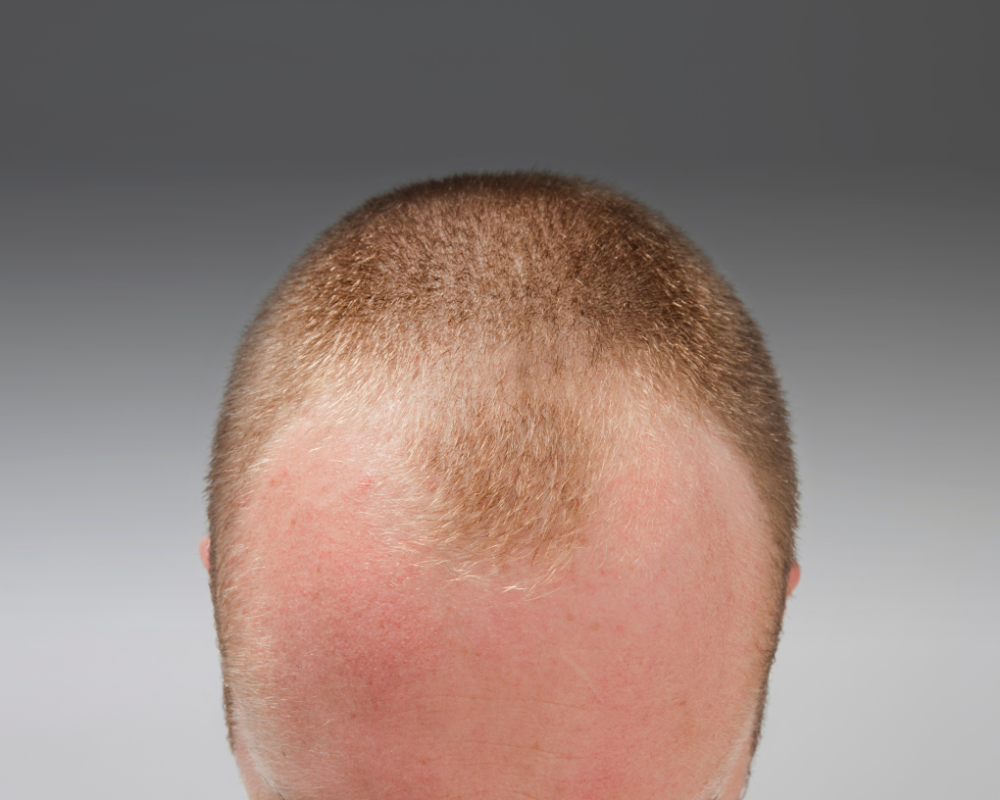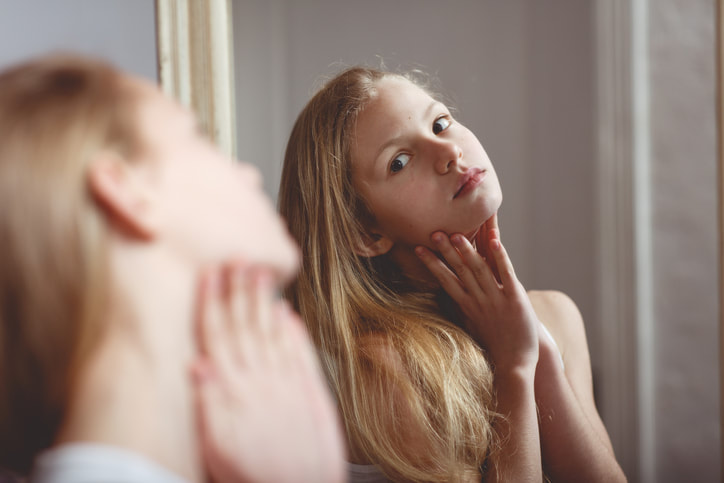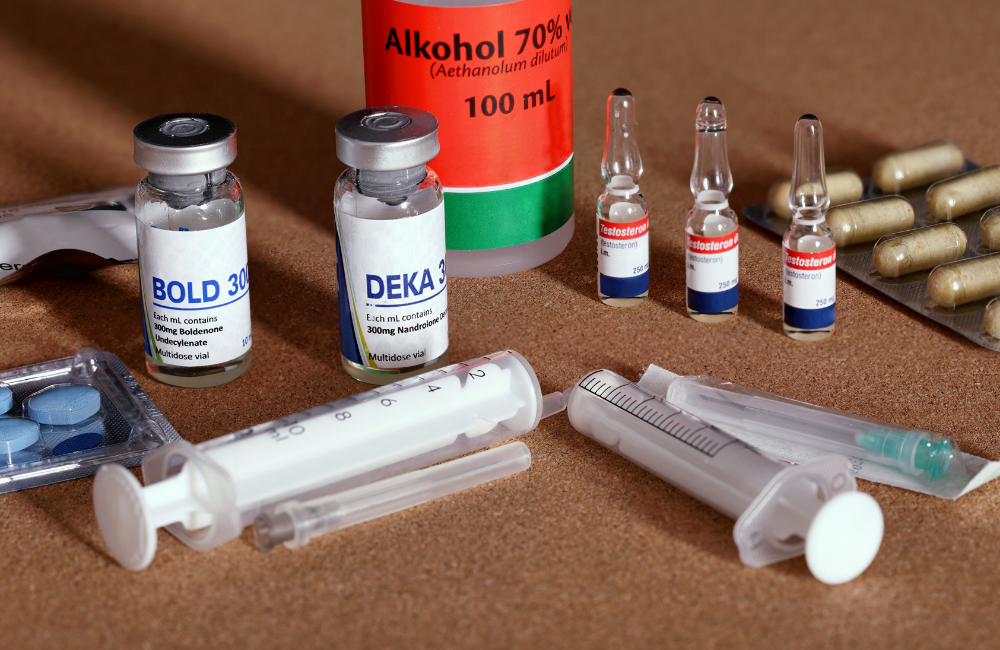|
The question "How to stop male hair loss?" is a big one, especially when a person is facing the problem. Androgenetic alopecia, otherwise known as male pattern baldness, is an affliction that occurs over time and is not curable. The good news is that there are several scientifically proven preventative treatments that can keep the hair on your head. This article will cover these two methods.
First, see a dermatologist or doctor. A receding hairline may be a sign of a thyroid disease, autoimmune disease, or a scalp condition. Consult a doctor or dermatologist if you suspect that you have a medical problem. The good news is that there are several treatments available that can help you mitigate the effects of male pattern baldness and even stop the process altogether. While there is no known cure for male pattern baldness, medications can slow its progression and stop its effects. Over-the-counter shampoos containing minoxidil, an FDA-approved ingredient, have shown some success in regrowing hair for some men. However, it's important to note that these medications can cause hair loss when they're stopped. For this reason, you should seek the advice of a doctor before implementing any treatment. Aside from a variety of products, men can also undergo a natural hair-regrowth program. This program can help you prevent alopecia from progressing. A doctor can help you determine if a particular treatment is appropriate for you. A natural treatment may help you avoid drastic measures like surgery. And if you're willing to spend some money, you can try a natural treatment to prevent hair loss. If you've noticed a receding hairline and are concerned about the health of your scalp, you should visit a dermatologist. Not all hair loss is male pattern baldness; it could be due to an autoimmune disease or thyroid disorder. The most effective way to avoid losing your hair is to take the right medications. They will treat the underlying cause. If male pattern baldness is permanent, you'll need to take more treatments. Male pattern baldness is a condition that no medicine can completely cure. However, there are various medications that can slow down the process and even prevent it. A popular over-the-counter medication called minoxidil is a common treatment for male pattern baldness. But the risks are high when you stop taking the medication. The best treatment is one that will work for you. It may require multiple applications to prevent this problem. There are several ways to treat male pattern baldness. There are over-the-counter treatments for a receding hairline, but these aren't the only options. Some men can grow new hair through a scalp problem, which requires prescription medication. In some cases, the symptoms are temporary and can be treated with shampoo or other methods. A specialized dermatologist will be able to tell you what to do. The most effective preventative treatment is prevention. If the symptoms are severe, the medication will prevent the hair from falling out. If you have alopecia, there is a natural remedy for this condition. Propecia is an FDA-approved medicine. While there are some side effects, the medication can help you stop your hair loss. In the meantime, a balanced diet can strengthen your hair and prevent this disorder. There is no cure for male-pattern baldness. There is no specific treatment, but you can try several preventative treatments. A balanced diet and plenty of water are the best ways to strengthen your hair and stop balding. And when you have hair loss, a low-level laser therapy will help you reverse the condition. When used correctly, these treatments can reverse the process of hair loss. But there is no cure for this alopecia-related alopecia. If you suffer from male hair loss, you can prevent the condition by getting an accurate diagnosis. A thorough examination will uncover the underlying cause and a suitable treatment. Depending on the underlying cause, some of these treatments are effective and some are not. A good way to stop this condition is to start an active treatment. You can start with over-the-counter treatments such as minoxidil finasteride (a link to the UK Meds).
0 Comments
A few things to consider when trying to figure out how to stop hair loss in a teenage girl. Although excessive hair loss is a natural part of teenage life, it can also be an indication of an underlying medical problem. A diet rich in Omega-3 fatty acids, nourishing oils, and a regular schedule of visits to the doctor are all important factors. However, excessive hair fall is usually the result of hormonal imbalance and should be investigated by a medical professional.
The first step in figuring out how to stop hair loss in a teenage girl is to know how much she's losing. Normal hair growth requires about fifty to one hundred strands of re-growth every day. This level of hair loss is normal and should be treated accordingly. If she is losing more than a hundred strands per day, it's time to consult a doctor. A lack of moisture in the scalp is another contributing factor to the problem. Lastly, it's important to know what's causing the loss. Some teens experience alopecia, which is a condition where they shed around 50 strands per day. This type of hair loss can be temporary or permanent, and it affects the entire body. In both cases, a doctor will want to diagnose the underlying health problem and recommend the best treatment. If the loss is severe and continuing, it's time to seek medical attention. It's important to understand the reasons for the loss. While aging adults may accept the fact that their hair is thinning, teenage girls don't have the same acceptance. While many factors can contribute to hair loss in a teen girl, there are ways to treat it effectively. A proper diet can make it possible to prevent the problem and prevent future regrowth. Further, a healthy environment can help prevent the onset of alopecia. If the loss is severe, it's best to get the teenager checked out by a medical professional. It's crucial to identify the underlying cause of the problem so it can be treated appropriately. The hair is a sensitive area, so the right diet is essential. In addition to a balanced diet, the teen's lifestyle can affect hair growth. The amount of sun exposure should also be considered when determining how to stop the thinning in a teenage girl. Symptoms of hair loss in a teenager should be assessed to rule out other health problems. For instance, a child with anemia should be seen by a physician as soon as the problem occurs. Anemia is another common cause of hair loss in a teenager. It is a serious medical condition that should be treated immediately. While the adolescent's hair follicles are still growing, the problem should be treated accordingly. It is also important to know how much hair a teen is losing. In general, a teen will shed between 50 and 100 strands of hair per day. The loss of more than 100 strands daily is a major concern. If a teen's follicles are growing fast and thicker, she may be experiencing a hormone imbalance. It is important to understand the causes of the hair loss in a teen, and to find out what treatments are best for your child. There are several causes of teenage adolescent hair loss. The first step is to consult a doctor and determine whether she's losing a lot or not. If the teen is experiencing significant hair loss, a medical professional can help her find the right treatment. If the loss is caused by an underlying medical condition, it is important to seek medical care. The cause may be a hormonal imbalance, or it could be a sign of a bacterial infection. The cause of adolescent hair loss can vary, but it is important to take the problem seriously. If adolescent hair loss is caused by a medical condition, it is crucial to visit a doctor and discuss the symptoms. A medical professional will be able to identify the cause and the appropriate treatment for the problem. You can contact a dermatologist or other health care provider for further information. While most people associate hair loss after a steroid cycle with baldness, the truth is that the effects are usually temporary. As long as the steroids are stopped, hair will begin to grow back. However, the hair loss can take months or even years to reappear. Fortunately, there are a number of ways to minimize the amount of hair lost after a steroid cycle.
First of all, it's important to stop using the steroids immediately. This can lead to hair loss after a steroid cycle. It's important to note that while hair loss from steroids might be temporary, it can lead to permanent baldness if the steroid cycle is prolonged. Therefore, it's important to find out how to stop hair fall after a steroid cycle so that it doesn't become a major problem. Another way to stop hair loss after a steroid cycle is to find a good hair regrowth formula. While these products are relatively inexpensive, they do take some time to work. If you find that the creams irritate your scalp, stop using them. Pumpkin seed oil is a common option. It works by inhibiting the enzyme 5-alpha reductase, which contributes to the loss of your hair. Another way to reverse hair loss after a steroid cycle is to switch to a different dietary plan. It can be a little slow at first, but it will definitely help you grow your hair back. Just remember that you should not use a steroid-based regrowth formula if you don't want to irritate your scalp. So, if the regrowth formula you're trying doesn't work, you should consider stopping the steroid use and switching to a more natural one. In addition to a diet rich in proteins and healthy fats, you should also take supplements that reduce DHT. Aside from dietary supplements, other natural remedies can also be a good alternative to a steroid cycle. If you're taking a steroid-free regrowth formula, make sure that it's a good choice. But, you should be aware that it may take some time to see results. Aside from eating the right foods, you should also avoid illicit steroid use. This type of medication will increase your DHT levels and cause hair loss. There are other natural solutions to hair loss, but these are often time-consuming and can only be used temporarily. For most people, a steroid-free diet is a good choice if they're concerned about the side effects. Many people have reported success with a hair regrowth formula that contains ingredients like pumpkin seed oil. While a regrowth formula can take a while to show results, it's worth it in the long run. Ultimately, it's better to treat the underlying problem than to wait for a miracle. In addition to these, a good regrowth formula should be available for those who have balding or alopecia. Although you might be surprised by the results of a hair regrowth formula, it's important to remember that regrowing your hair after a steroid cycle is not a permanent solution. You can try various remedies and medications to prevent hair loss after a steroid cycle. A regrowth formula will give you faster results, but it might take some time before it actually makes an impact. Several natural remedies are effective for hair growth. Pumpkin seed oil is a popular choice because it reduces 5-alpha reductase, an enzyme that contributes to the loss of your strands. While there are other options, these three have the highest ratings. So, it's important to consult with your healthcare provider if you're experiencing hair loss after a steroid cycle. Steroids have many side effects. Some can increase the amount of DHT, which is responsible for hair loss after a steroid cycle. The best way to reduce this level is to consume foods and drinks that contain more DHT. Some foods that have DHT-blocking properties are onion and green tea. These foods are known to be effective for treating a variety of health conditions. For instance, onions contain high levels of the antioxidant quercetin. There are many symptoms of stress, including hair loss. People with high levels of stress will experience excessive shedding. This process is known as telogen effluvium, and it can last anywhere from two to six months. This condition is caused by a hormone that causes hair to grow back in a bulb form. By following a few simple tips, you can prevent or reduce this condition. Here are some of the best ways to combat stress.
First, you should identify the exact source of your stress. While this type of hair loss is temporary, it can cause permanent damage. Taking steps to reduce stress can have a positive impact on your hair growth. If you know what's causing your stress, you can take measures to minimize its cause. Try reducing your overall stress level. By doing this, you can avoid further hair loss. Once you've identified the source of your stress, you can start treating it. The cause of stress is important. You'll need to find out what causes it and how to relieve it. In most cases, stress is temporary and reversible. But, you can take steps to prevent it from becoming chronic. To make sure that your hair regrows quickly, identify the source of your stress. You can also talk to a medical professional if you think you're experiencing symptoms of stress. You need to take a look at your diet and get enough vitamin D. Many people lose their hair due to stress because they skip meals. It's important to monitor your diet and make sure you're getting all the essential nutrients and vitamins your body needs. For example, if you're looking to regrow your hair, try eating foods that are rich in zinc and iron. Your hair also needs plenty of vitamin B and E, as well as other essential vitamins and nutrients. If you have a stressful lifestyle, it's easy to become depressed. Fortunately, the effects of stress on the hair are temporary and not irreversible. However, if you want to prevent your hair from falling out, you must address the source of your stress. You need to make sure that you're taking in enough essential vitamins and nutrients. By doing so, you'll be able to regrow your lost hair. You should seek medical advice if you are suffering from hair loss due to stress. This is not permanent, but it can result in more hair. You should work to decrease your stress and improve your general health, which will help your scalp and your hair. Once you've done this, your hair should regrow normally. In addition, you should also consider visiting a dermatologist to see if you're suffering from any serious illnesses. The best way to prevent hair loss caused by stress is to reduce your stress levels. As long as you're aware of your stress level and can manage it, addressing your stress can help your hair regrow. By eliminating the sources of your stress, you can restore your healthy scalp. A few simple changes can help prevent hair loss due to this condition. So, you should try to eliminate the causes of your anxiety and your stress. If you have trouble identifying the causes of your stress, it's important to know the symptoms and treat them accordingly. In most cases, a person with a high level of stress will start losing more hair. The most important thing to do is to seek medical attention as soon as possible. Usually, it won't take more than a few months to recover from stress, but if it's severe, it's better to seek help. If you feel stressed out, you can try to identify the causes of your stress. It is important to keep in mind that stress can lead to temporary hair loss. By identifying the source of your stress, you can prevent further damage. You can also take a number of precautionary measures to avoid the problem in the future. By focusing on these factors, you can ensure that you will get the maximum benefit from your treatment. |
|




